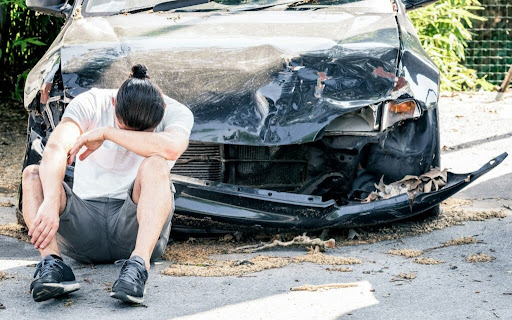Now Reading: Does California Have a Zero Tolerance Law?
-
01
Does California Have a Zero Tolerance Law?

Does California Have a Zero Tolerance Law?
California’s Zero Tolerance law was enacted starting with 1994 to strengthen the state’s stance on the issue of driving under the influence. In 1990, Admin Per Se (APS), an administrative license suspension program was signed to deter people from driving while intoxicated.
The zero-tolerance policy on driving under the influence of alcohol or drugs is meant to protect people from the danger posed by drivers under the influence. Furthermore, it also serves as a deterrent, thus keeping California’s roads safer.
The Legal Framework
Under California Vehicle Code Section 23153, a person will be subject to a misdemeanor charge if caught driving with an amount of alcohol or drugs in their system equal to or greater than .08%. The offense is punishable by forty-eight hours of community service and—in some cases—up to thirty days in jail and fines up to $1,000.
A person can also be convicted if cited with multiple offenses within one year. The law, however, states that persons who have a blood alcohol level below .08% cannot be arrested or cited. It means that they will not have to complete mandatory alcohol education courses, nor will they have to take any tests to determine whether or not they are fit to drive.
Law enforcement officials can cite children under the age of 17 who have a blood alcohol level of .01%. If they are caught driving with an alcohol level equal to or greater than .01%, they will receive a citation. The penalty for this offense is ten hours of community service and—in some cases—a fine of up to $500.
Why California Has a Zero Tolerance Law
The reasons behind California having a zero-tolerance drug and alcohol law are as follows:
Prevention
One of the fundamental reasons California has a zero-tolerance drug and alcohol law is that it prevents individuals from driving under the influence. Statistics show that one in every five fatal crashes in the United States is caused by drunk driving. It is a grim statistic considering that one out of every three people killed in car accidents are innocent bystanders.
With so many innocent people losing their lives because of drunk drivers, California has created this law to ensure that people are not driving under the influence.
Protect Teenage Drivers
The other reason why California has a zero-tolerance alcohol and drug law is to ensure that minors are not exposed to these substances. This law makes it extremely difficult for minors to drive under the influence because any amount of drugs or alcohol in their system will be enough to receive a citation.
According to California Vehicle Code (CVC) §23136, PAS Persons Under 21, if a driver under 21 was arrested or detained due to driving while intoxicated, the DMV must either suspend or revoke their driving license.
In this case, the officer will hand you a Temporary Driver’s License and a Suspension/Revocation Order. This temporary license is valid for 30 days since the date it was issued. Once the 30 days have passed, the suspension/revocation action will become active.
Keep People Safe
The reason why California has a zero-tolerance law is to ensure that people remain safe. They need to ensure that people are safe from drivers under the influence who may be on the road. This law does not allow any room for error, and it serves to protect the public from dangerous individuals who will put other people’s lives at risk if they are allowed to drive.
Seek Legal Counsel
If you were charged, a DUI attorney will try to defend you. They will look into how authorities ran the investigation and try to identify any discrepancies. A legal expert will fight to have the charges dropped or the penalty diminished.
Final Thoughts
In conclusion, California has a zero-tolerance drug and alcohol law because they want to protect both adults and children. Lawmakers want to ensure that innocent people are not put at risk because of those driving under the influence.










